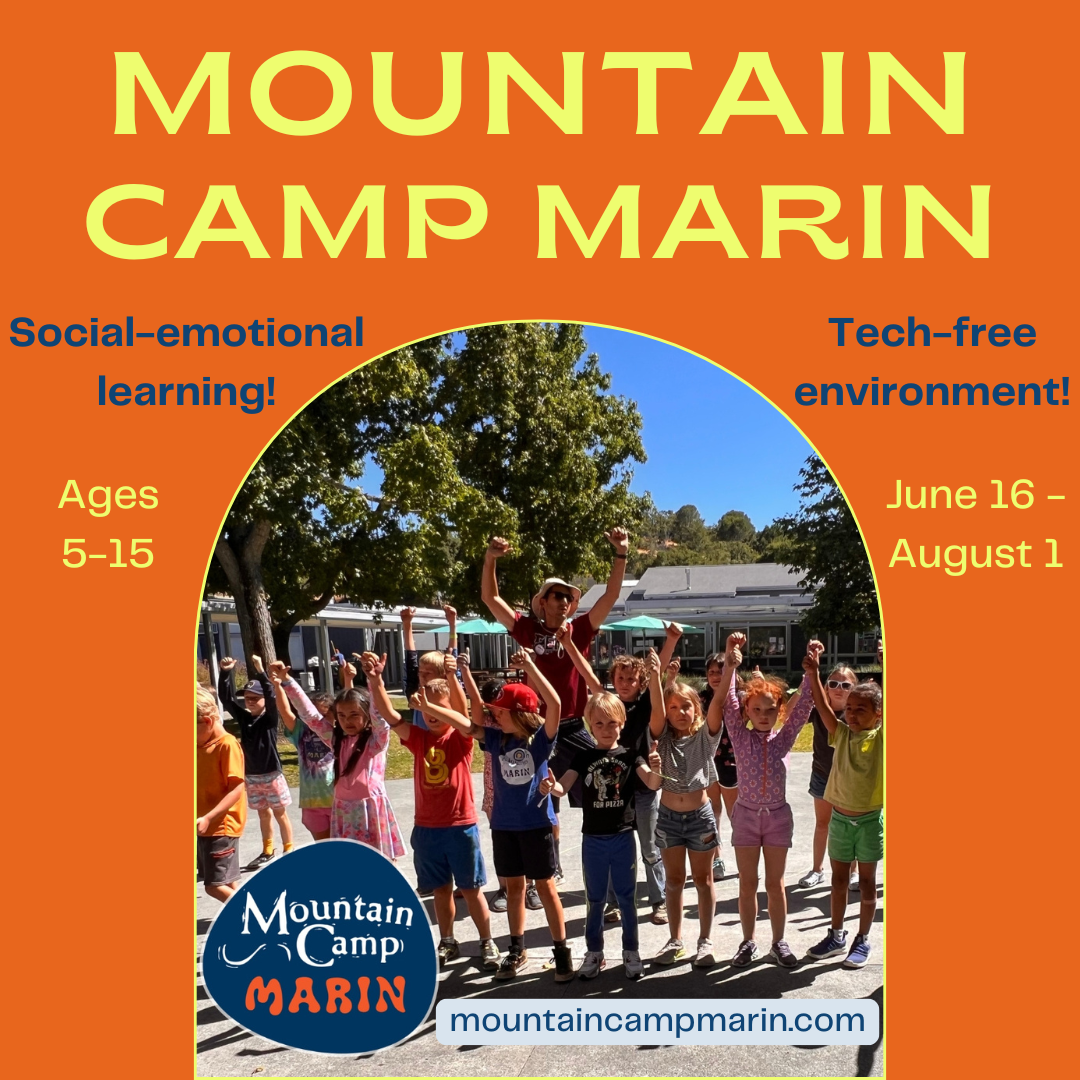Mac Barnett Talks About His Latest Book 'Leo, A Ghost Story'
/Mac Barnett is the award winning author of over 20 children's and young adult books. His latest book, "Leo: A Ghost Story," comes out today. Join Mac and illustrator Christian Robinson (hosted by DIESEL, A Bookstore) at the Marin Country Mart Farmers Market in Larkspur on August 29th, 10:30am to 11:30am, as they read the story, draw, and play at being worthy knights. I am extremely excited to share an exclusive interview with New York Times best selling author, Mac Barnett.
Tell me about growing up Mac.
I grew up in the Bay Area, in Castro Valley. My mom bought me a lot of picture books—it was important to her that I have a library—but we didn't have a lot of money, so she got my books at garage sales. So I grew up reading the picture books of the two generations before mine. This turned out to be a boon: the mid-forties through the early seventies were a golden age of American children's literature.
Did you ever meet a children's author that inspired you?
I remember my mom picking me up from school a little early and taking me to a bookstore in San Francisco. I had no idea why we were there. My mom worked long hours and we usually went right home after school. And then out comes Ed Emberley. I loved Ed Emberley. I still do love Ed Emberley. He's a master. In my memory he was on more of a platform than a stage, high up in the air. And he had a giant beard. I'd never seen anything like that beard. And I figured any job that lets you have a beard like that, that's a good job.
You studied medieval literature in college. Does that influence your work?
It does. I secret away medieval jokes in some of my books. But my main focus ended up being on difficult poetry—especially medieval Scandinavian court poetry. But I'm interested in why people read difficult books, and in the pleasure that can come from working through a challenging text. I think kids are very brave readers, and absolutely alive to the pleasure that comes from figuring out a difficult text. It makes sense that children are good readers of experimental fiction—childhood itself is experimental.
In today's technology driven times, how do you keep kids excited to read?
I think you keep kids excited to read by writing great books. I think technology has profound effects on our attention, and not just kids' attention. Mine too. But I find kids are still excited to read, and will be as long as there are great books to be read. No e-book I've seen poses much of threat to a physical picture book. You lose the page-turns, the trim size, the formal elements that make a picture book work, when you just scan a pdf and put it on a tablet.
What prompted you to pen "The Picture Book Proclamation," a manifesto urging children's authors to be innovative?
A few years ago, the New York Times ran a front page article that declared the picture book dead. And I disagreed. But a lot of the response to that article felt equally reductive: "The picture book will never die. Reading is magic. Picture books are magic." Picture books aren't magic. Good picture books are magic. And so the proclamation was some thoughts about what makes good picture books, and, I hoped, a way to start a thoughtful discussion, the kind of robust discourse that will ensure the picture book, an art form I love, stays healthy for a long time.
What is the best question or critique from a kid?
I have an abnormally large Adam's apple, which I didn't know until I started working with kids. I'll be reading, and they'll come right up, their index fingers extended, and poke it. And then come the questions. What is it? What does it do? Why is yours so big? And I am unable to answer any of those questions. They're good questions, though. There's really nothing a kid can ask me that'll offend me. They're just trying to figure out how the world works.
Your most recent book, "Leo: A Ghost Story,” is due out on shelves August 25th (today). Can you tell me about it?
Leo's a character-driven story—beneath genre, beneath plot, at the heart of the book are two kids, Leo and Jane. I like them a lot: they were good company for me as a writer, and I hope they are for readers too.
Can you tell me more about 826LA?
I used to run a nonprofit writing center called 826LA in Los Angeles. It's the L.A. branch of an organization that started in San Francisco—the first one is called 826 Valencia. (It's in the Mission.) 826LA is a beautiful writing center hidden behind a time travel convenience store. We provide homework help after school, teach writing workshops, host field trips where kids can learn about bookmaking, and send volunteers into schools to help teachers give one-on-one instruction. It’s exciting to teach writing to kids, to help them convey their experiences to other people. Writing isn't just artistically rewarding, it's essential to a functioning democracy.
Any words of wisdom to kids interested in becoming a writer?
Read. Read all the time. It's the most important part of the job. I was the kid who brought a book with me to the movie theater and read in the dim light while they screened film trivia before the show. When you're a kid, there are so many opportunities to read. You can crack open a book at the dinner table and nobody thinks you're antisocial. That doesn't last forever, so be greedy while you can.
What’s next?
The next thing I work on will be the third book a series called The Terrible Two, which I write with my friend Jory John. We sold the film rights recently, and we're working on adapting the first book into a screenplay we can only hope gets made.
Mac Barnett is an award winning author of many celebrated children's and young adult books. His latest book, Leo, A Ghost Story, comes out August 25. Join Mac and illustrator, Christian Robinson, on Saturday, August 29th at the Marin Country Mart Farmers' Market (hosted by DIESEL, A Bookstore) in Larkspur, to celebrate the launch of their new picture book. For more information, visit Mac on his website, Instagram , and Twitter.
Other local appearances include:
- 8/29 Mrs. Dalloway's 4-5pm, Berkeley
- 8/30 Jewish Community Center of San Francisco, 10:30am
- 8/30 The Reading Bug, 3-4pm, San Carlos




















